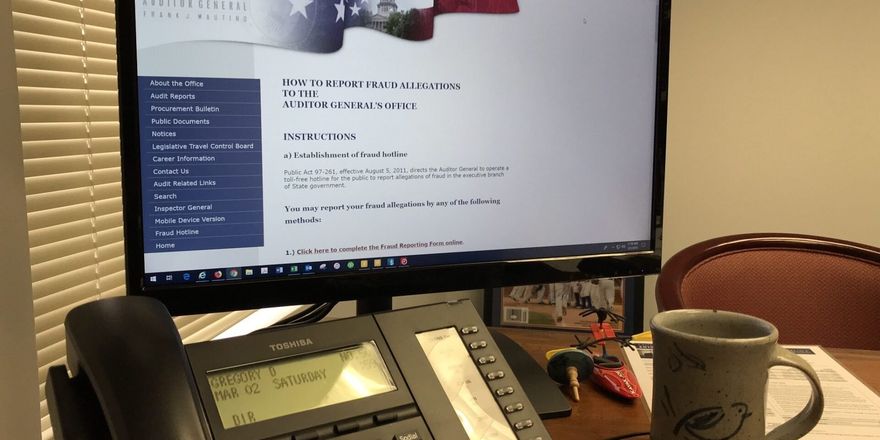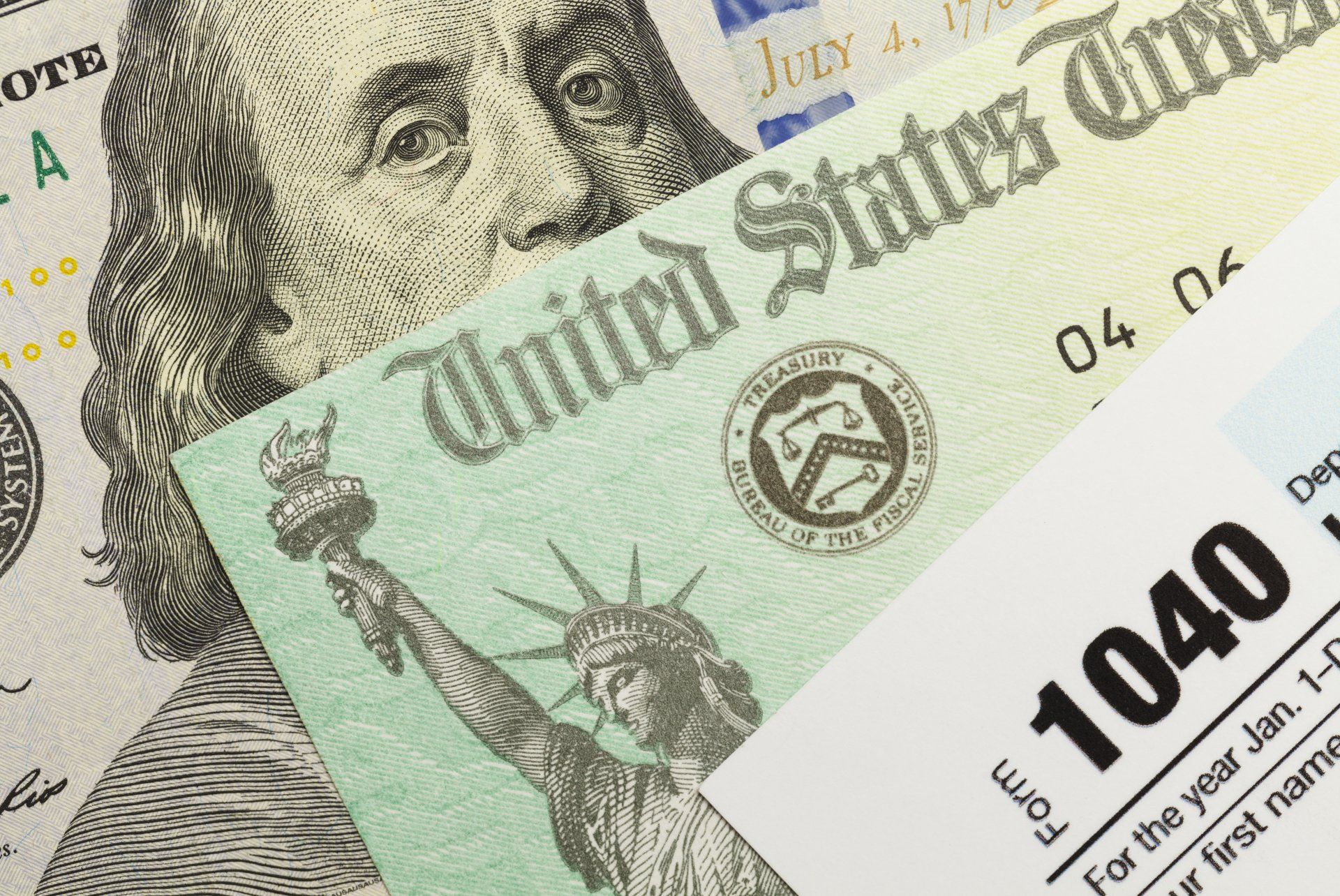IRS Releases Warning on Social Security Cancellation Scam

October 25, 2019
by Gregory S. Dowell
If it’s not broke, don’t fix it – and it appears that even the bad guys know this adage as well. In its Tax Tip 2019-49 released on October 24, 2019, the IRS warns taxpayers to be on the lookout for a revived scam. In this case, the bad guys contact unsuspecting taxpayers using robo-calls and voice messages, claiming to be able to suspend or cancel the taxpayer’s social security number if the robo-calls are not returned. In addition to threats to cancel the individual’s social security number, the con artists may also mention that taxes are overdue as well.
The IRS advises that if taxpayers receive a phone call wherein they are threatened with having their social security number suspended or cancelled, the taxpayers should just hang up. Never give out sensitive personal information over the telephone.
While the IRS does authorize some private collection agencies to act in its debt collection process, the IRS and its collection agencies will never do the following:
- Call to demand immediate payment using a specific payment method such as a prepaid debit card, iTunes gift card or wire transfer. The IRS does not use these methods for tax payments.
- Ask a taxpayer to make a payment to a person or organization other than the U.S. Treasury.
- Threaten to immediately bring in local police or other law-enforcement groups to have the taxpayer arrested for not paying.
- Demand taxes be paid without giving the taxpayer the opportunity to question or appeal the amount owed.
In their Tax Tip, the IRS further indicates that taxpayers who do not owe any back taxes and who receive these scam calls should:
- Report the call to the Treasury Inspector General for Tax Administration.
- Report the caller ID and callback number to the IRS by sending it to phishing@irs.gov. The taxpayer should write “IRS Phone Scam” in the subject line.
- Report the call to the Federal Trade Commission. When reporting it, they should add “IRS Phone Scam” in the notes.
On the other hand, if a taxpayer who happens to receive a scam phone call knows that they have unpaid taxes, after hanging up on the scam caller, the taxpayer should:
- View tax account information online at IRS.gov to see the actual amount owed and review their payment options.
- Call the number on the billing notice
- Call the IRS at 800-829-1040.










